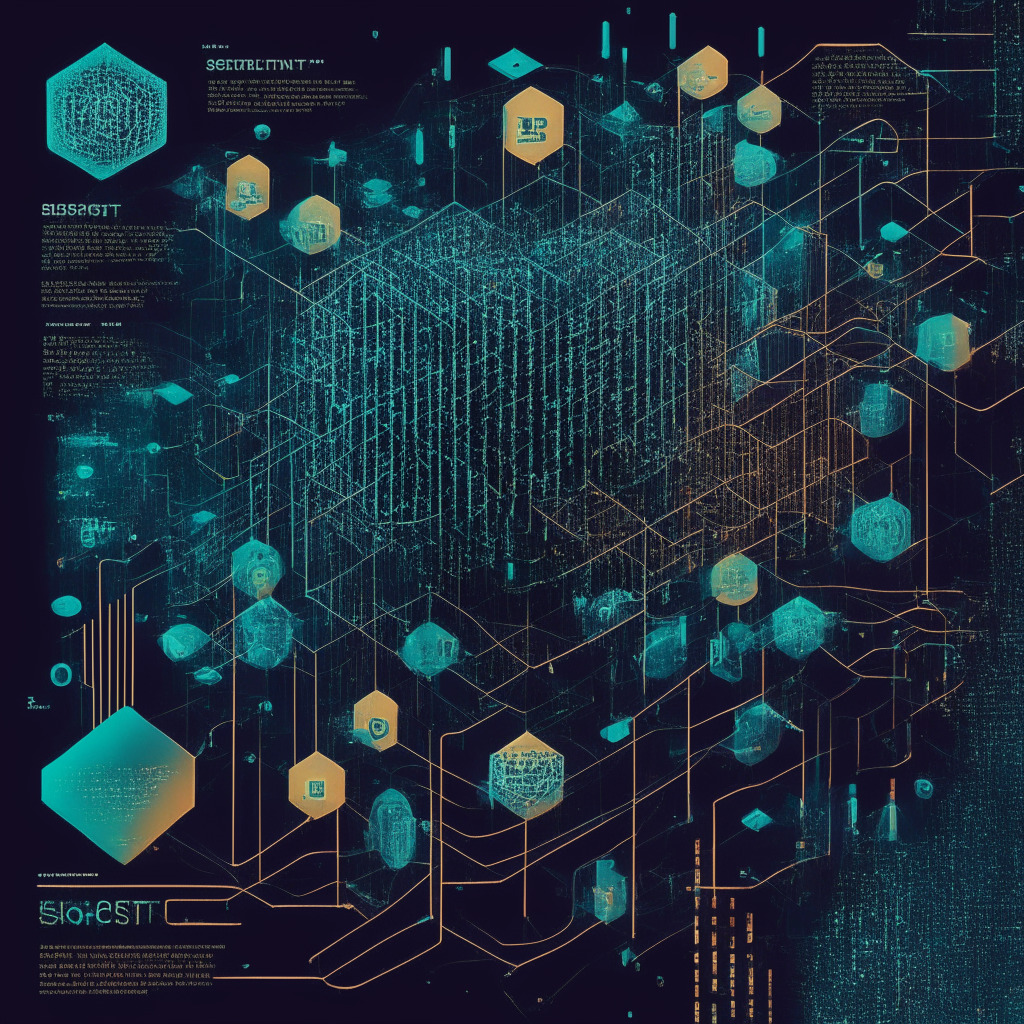JPMorgan has recently joined forces with six Indian banks to settle interbank dollar transactions in real time using its blockchain-based trading platform, Onyx. This revolutionary initiative will enable transactions to be processed 24 hours a day, seven days a week. The primary goal of this project is to unshackle the existing settlement system’s limitations and increase its capacity. JPMorgan‘s senior country officer, Kaustubh Kulkarni, mentioned that HDFC Bank, ICICI Bank, Axis Bank, Yes Bank, IndusInd Bank, and JPM’s own banking unit at Gujarat International Finance Tec-City (GIFT) will run the pilot project over the coming months.
On the other hand, concerns are being raised over the AI-generated fraud’s rise, particularly in the cryptocurrency and blockchain sectors. Cardano’s founder, Charles Hoskinson, cautioned about the technology’s increased utilization in spreading misinformation and scamming investors. As the AI competence grows exponentially, the credibility of videos and audios may become doubtful, leading to countless people becoming victims of these scams.
Meanwhile, the Crypto and Digital Assets All Parliamentary Group (APPG) in the UK has put forward 53 recommendations to the government across key areas such as the country’s approach to crypto regulation, the role of UK regulators, and the potential benefits of central bank digital currencies. These findings were published in a report titled ‘Realising Government’s Vision for the UK to Become a Global Hub for Cryptocurrency & Fintech Innovation.’
The US Treasury Department’s decision to impose sanctions on Tornado Cash, the privacy-protecting software on the Ethereum blockchain, has been deemed “unprecedented and unlawful” by the Blockchain Association. This move has raised many regulatory and constitutional questions that will impact the blockchain ecosystem and the digital asset economy at large. Coin Center, the party who filed the lawsuit against the Treasury Department, received support from the Blockchain Association and the DeFi Education Fund.
Additionally, Demox Labs, a company focused on zero-knowledge technology, raised $4.5 million in pre-seed funding, and launched Leo Wallet, a privacy-oriented crypto wallet compatible with the Aleo blockchain. The funds raised will aid in developing zero-knowledge blockchain infrastructure, deploying privacy-based frameworks for developers, and improving Leo Wallet’s privacy technology.
Finally, Marathon Digital Holdings shared its unaudited Bitcoin production and miner installation updates for May 2023. The company revealed a record production of BTC 1,245 in May and BTC 4,141 year-to-date. Its operational hash rate has increased by 9% to 15.2 EH/s, installed hash rate by 13% to 20.1 EH/s, and unrestricted Bitcoin holdings also grew to BTC 12,259.
Source: Cryptonews




